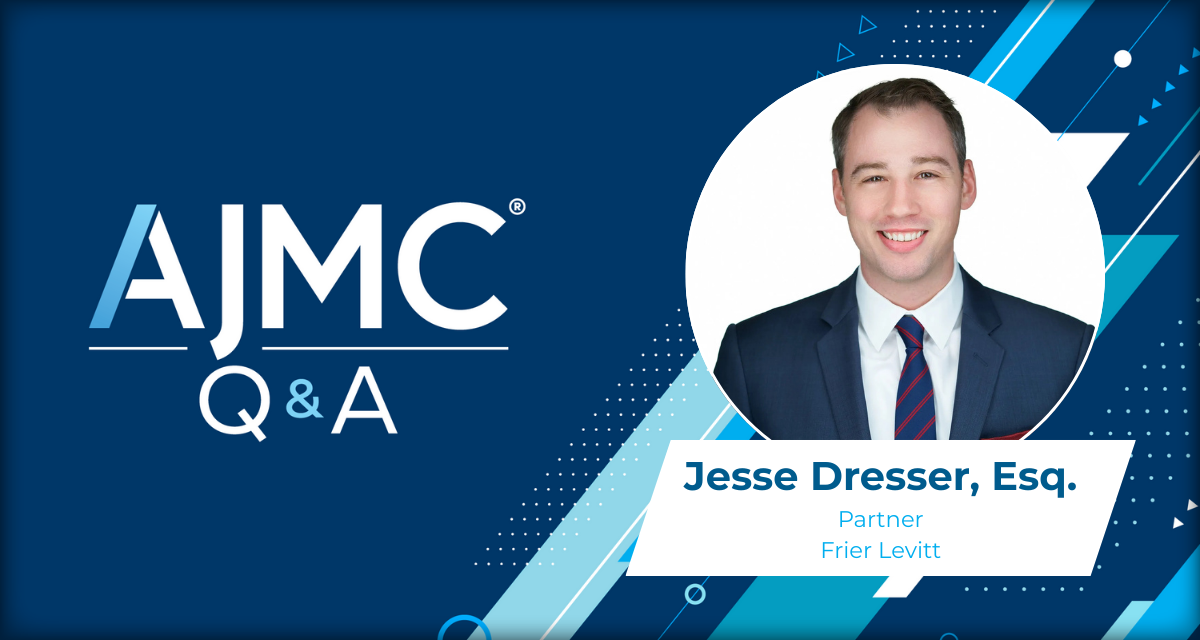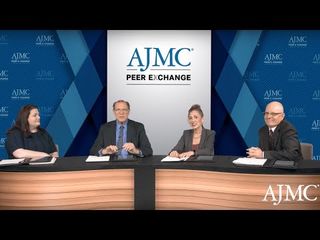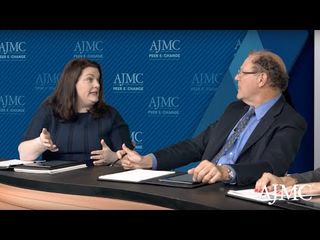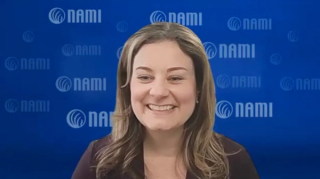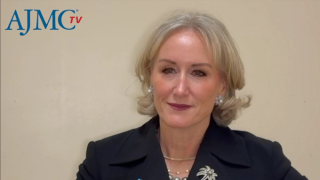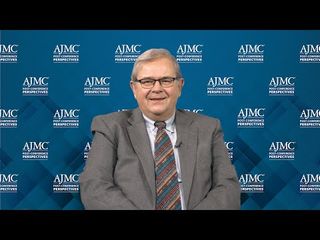
Policy
Latest News
Video Series

Latest Videos
Shorts




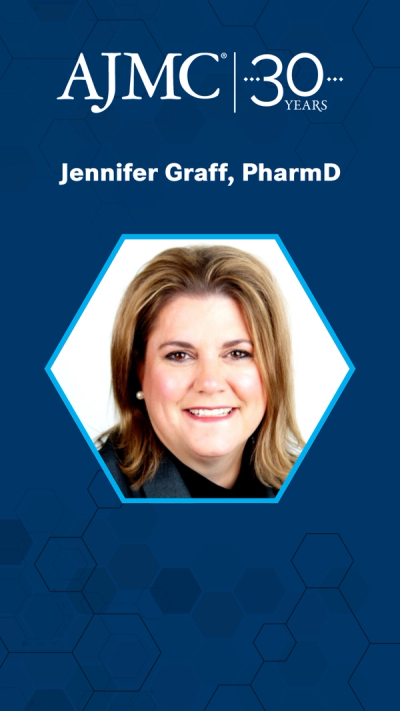





Podcasts
CME Content
More News

Increasing Medicare Advantage payments for full Medicaid enrollees was not associated with meaningful changes in inpatient or nursing home use.

A spending bill advancing PBM reforms aims to delink Medicare Part D compensation from drug rebates and improve pricing transparency.

The Orphan Drug Act revolutionized rare disease treatment, yet rising costs and access issues challenge equitable health care solutions.

The upcoming price negotiations are the third cycle since the Inflation Reduction Act was passed in 2022.

AAP’s 2026 immunization schedule continues protection against 18 diseases as the CDC reduces its recommendations to 11.

Experts raise concerns that CDC childhood immunization changes could reduce vaccine uptake and weaken trust in public health guidance.

Minnesota physicians warn ICE activity in hospitals and clinics is deterring care, undermining patient safety, and worsening health outcomes.
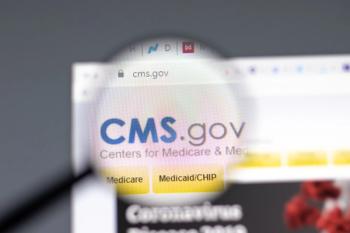
CMS’s 2027 proposed MA payment rate increase of .09% falls short of expectations, potentially increasing premiums and reducing benefits for seniors.

With the CDC’s decision to roll back recommendations to vaccinate for several conditions, questions have arisen as to what that may mean in the US.

Almost half of the monthly-updated CDC databases had unexplained pauses in 2025, mostly affecting vaccination data, raising transparency and public health concerns.

A multistakeholder study explores how law enforcement presence in EDs affects survivors of violence and outlines trauma-informed, patient-centered policy solutions.

The CEOs of UnitedHealth Group, CVS Health, Elevance Health, The Cigna Group, and Ascendiun attended hearings in the House of Representatives all day Thursday.

A new bipartisan funding bill funds key departments ahead of the deadline in an effort to avoid another government shutdown.

The decline in primary care providers threatens Medicare FFS patients' access to new visits, highlighting urgent needs for policy reform and workforce solutions.

The ACCESS Model signals a shift toward outcome-aligned payments and a necessary reframing of what “value” actually means.

New York City nurses continue their strike over staffing, safety, and benefits through negotiations on day 5 of the city’s largest nursing strike.

In this week’s health equity news, ICHRAs may offer flexible health coverage options amid ACA subsidy uncertainties, and advocates rally for mental health funding stability.

With ACA subsidies in limbo, ICHRAs may reshape how Americans access coverage. Here are 5 FAQs explaining what they are, who benefits, and key trade-offs.

Trump's Great Healthcare Plan aims to lower drug prices, reduce insurance premiums, and enhance transparency, according to the White House.

The Trump administration says it will restore vital SAMHSA funding after swift advocacy from mental health supporters.

Trump Terminates Hundreds of SAMHSA Grants, Threatening Mental Health, Addiction Services Nationwide
Federal grant terminations by SAMHSA threaten vital mental health and substance use services, risking lives amid rising suicide rates and addiction crises.

The latest dietary guidelines emphasize reducing processed foods, promoting whole foods, and increasing protein intake, aiming to improve public health.

As part of the deal, AbbVie is expanding its direct-to-patient offerings through the TrumpRx program.

ED law enforcement interactions affect survivors of violence and immigrant patients, emphasizing training and advocacy.

Patients undergoing lung or colon cancer surgery at rural hospitals that later closed had better outcomes after transfer to high-performing oncology centers.




